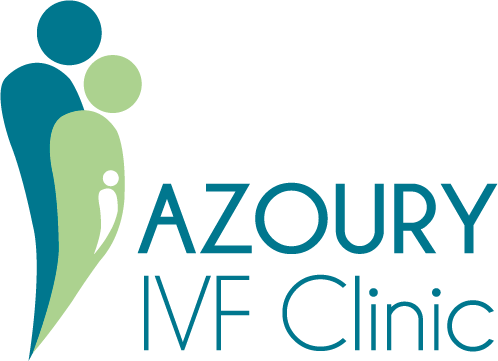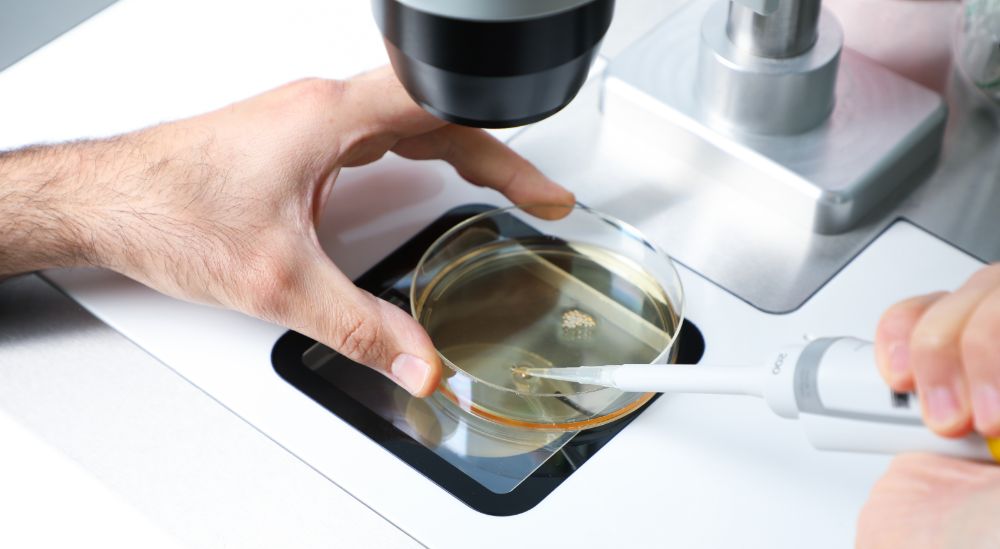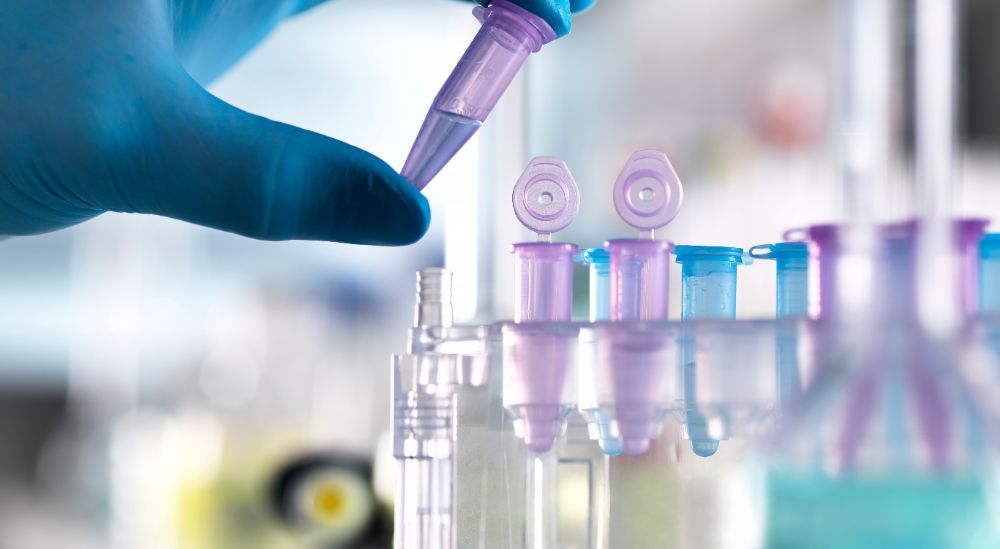
Consanguinity: Its Effects on Fertility, Risks for Children, and Possible Solutions
October 14, 2025Consanguinity refers to the relationship between individuals who are "blood relatives." Marriages or partnerships between close relatives, such as cousins, are common in some cultures and regions around the world. While consanguineous marriages are often culturally accepted, they come with certain health risks, particularly concerning fertility and the potential risks to offspring.
Effects on Fertility
Consanguinity can affect fertility in various ways. Genetic factors can influence reproductive health, and in some cases, shared genetic mutations may impact the ability of couples to conceive. However, the most significant impact is usually not on fertility itself, but rather on the risk of passing on inherited genetic disorders, which could cause complications in pregnancies and in a lot of cases repetitive pregnancy loss. Couples from consanguineous unions may face challenges related to genetic incompatibilities that affect conception, but the main concern is the risk of genetic disorders in their children.
Risks for Children
The primary concern with consanguinity is the increased risk of genetic disorders in children. When closely related individuals marry, there is a higher probability that both parents will carry the same recessive gene mutations, which can result in the child inheriting two copies of the defective gene, leading to genetic disorders. These conditions can range from mild to severe and include:
Inherited Genetic Disorders: Such as cystic fibrosis, sickle cell anemia, and thalassemia.
Congenital Malformations: These can include structural abnormalities, intellectual disabilities, and other health complications.
Increased Risk of Infant Mortality: Studies have shown that children born from consanguineous marriages have a higher risk of dying in infancy.
Role of IVF and Preimplantation Genetic Diagnosis (PGD)
In recent years, advances in reproductive technologies, particularly in vitro fertilization (IVF) and preimplantation genetic diagnosis (PGD), have provided solutions for couples facing the risks associated with consanguinity. IVF offers an opportunity for pre-implantation genetic Diagnosis (PGD) increasing the chances of a healthy pregnancy.
PGD allows for the screening of embryos for specific genetic conditions before they are implanted in the uterus. PGD enables doctors to identify embryos that are free of inherited genetic disorders, providing consanguineous couples with a way to reduce the risk of passing on harmful genetic mutations. PGD can detect conditions like cystic fibrosis, sickle cell anemia, and other recessive genetic disorders commonly passed down in consanguineous relationships.
By combining IVF and PGD, couples can have healthier pregnancies and reduce the likelihood of having children with serious inherited conditions. PGD also offers peace of mind by allowing parents to make informed decisions based on the genetic health of their embryos. In cases where the gene mutation involved in offspring abnormalities is not characterized and the risk of having many affected babies is very high, egg donation is recommended.
Genetic Counseling and Screening:
Couples considering consanguineous marriages should seek genetic counseling to assess the potential for inherited disorders. Genetic screening can identify whether either partner carries a recessive gene mutation, providing insight into the risks for their children.
Conclusion
While consanguinity may be a deeply rooted practice in certain cultures, it carries significant health risks, especially in terms of fertility and the potential for genetic disorders in children. With the advent of IVF and preimplantation genetic diagnosis (PGD), consanguineous couples can now take proactive steps to minimize these risks, ensuring that their children have the best possible chance of being born healthy. Through genetic counseling, reproductive technologies, and public education, the risks associated with consanguinity can be mitigated, helping families make informed decisions about their reproductive health. IVF with egg donation can be a helpful solution in case of un-identified genetic problems.







